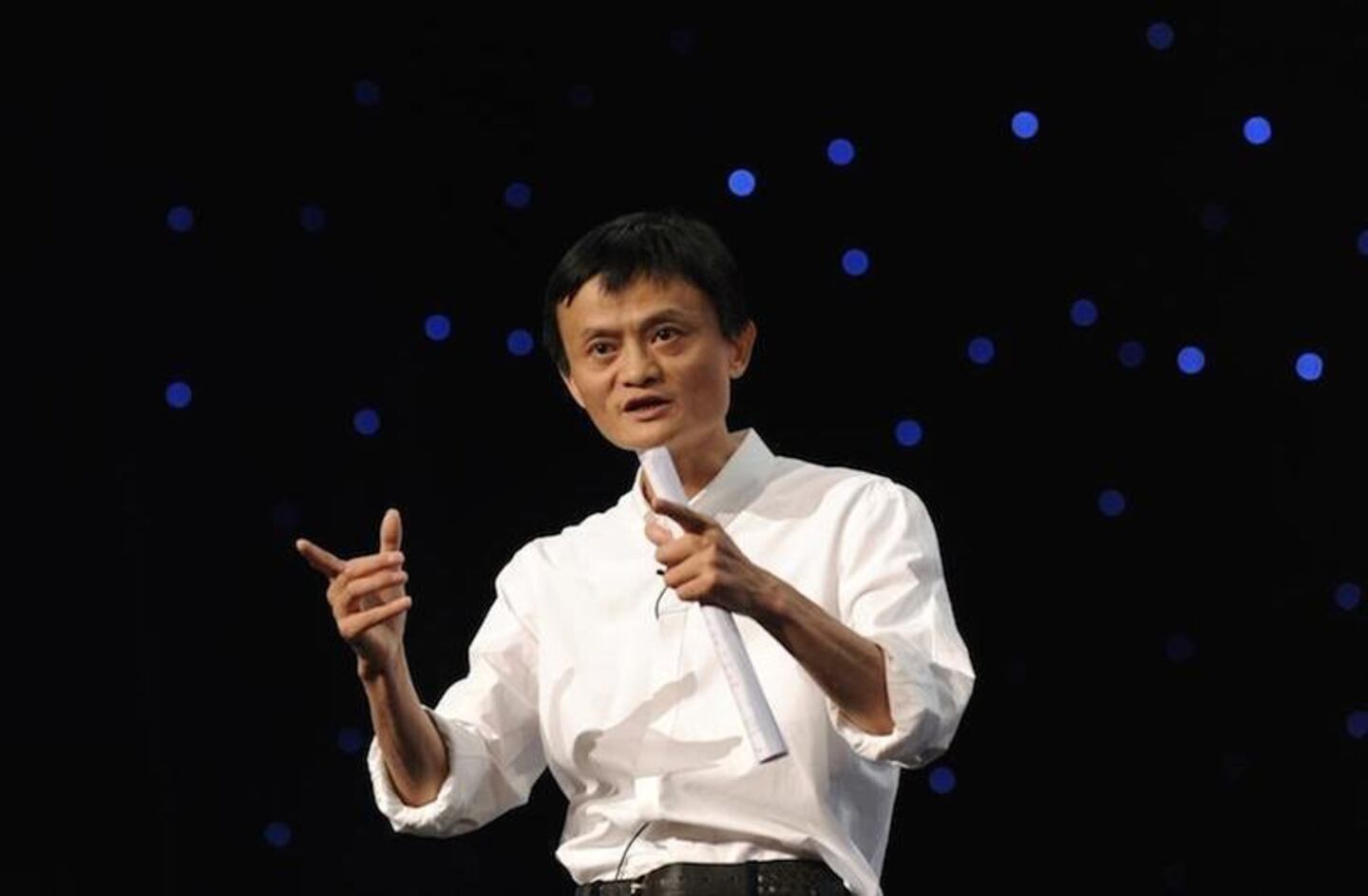
The Business of Fashion
Agenda-setting intelligence, analysis and advice for the global fashion community.

Agenda-setting intelligence, analysis and advice for the global fashion community.

HANGZHOU, China — Alibaba Group Holding Ltd. sold 3 trillion yuan ($463 billion) of goods through its online shopping websites in the year ending March, as China's largest e-commerce operator moved deeper into the untapped countryside and courted foreign brands.
The company wants to bring in more quality non-Chinese goods and continue to increase its footprint in rural areas to sustain growth, Alibaba Vice Chairman Joseph Tsai said in a Monday post on Alizila, a blog run by Alibaba.
With China growing at its slowest pace in a quarter-century, Alibaba has concentrated on tapping the spending power of the half of the population that live outside of the main cities. It’s also exploring emerging countries such as Russia and Brazil.
The transactions record would rank Alibaba as the sixth-largest Chinese provincial economy and bring it a step closer toward achieving billionaire founder Jack Ma's goal of shadowing Wal-Mart Stores Inc., which made $482 billion in revenue last year. Unlike the U.S. retail titan however, Alibaba mainly links sellers and buyers.
ADVERTISEMENT
“The shift toward consumption and services is a massive transformation that will drive a new Chinese economy for years to come,” Tsai wrote. “At the heart of this new economy is Alibaba.”
Some Obstacles
Tsai made no mention of some of the potential obstacles to Alibaba’s global ambitions, including criticism by regulators about the prevalence of counterfeits on its websites, a plague Ma has called “cancerous.”
The company is also grappling with a slowdown in China, a market that still accounts for about 90 percent of its business. Consumption accounted for about 66 percent of the country’s Gross Domestic Product growth in 2015, compared with 51 percent the year before, according to the National Bureau of Statistics. That shifting economy should help companies focused on domestic spending, Tsai said.
Alibaba has pulled out the stops to get its e-commerce platforms in front of villagers, setting up free Internet- equipped computers and working with local officials to train potential buyers and sellers. It had a presence in 12,000 villages across the country by the end of January, out of about 600,000. The company said in August it would buy a $4.6 billion-stake in Suning Commerce Group Co.to leverage its delivery network in the countryside and its expertise in selling electronic household appliances.
Alibaba logged a record 91.2 billion yuan in sales during its annual Singles’ Day gala, by turning a sweethearts’ holiday dreamed up two decades ago into a major online shopping event. Longer-term, Ma is investing in video, on-demand services and cloud computing to generate new sources of income. Those investments span everything from Hollywood movies to homegrown TV series and food delivery services.
“Growth is meaningless unless it is sustainable. Thus, we have turned our focus to quality growth and broadening domestic consumption,” Tsai said.
By Lulu Yilun Chen; editors: Robert Fenner and Edwin Chan.
In 2020, like many companies, the $50 billion yoga apparel brand created a new department to improve internal diversity and inclusion, and to create a more equitable playing field for minorities. In interviews with BoF, 14 current and former employees said things only got worse.
For fashion’s private market investors, deal-making may provide less-than-ideal returns and raise questions about the long-term value creation opportunities across parts of the fashion industry, reports The State of Fashion 2024.
A blockbuster public listing should clear the way for other brands to try their luck. That, plus LVMH results and what else to watch for in the coming week.
L Catterton, the private-equity firm with close ties to LVMH and Bernard Arnault that’s preparing to take Birkenstock public, has become an investment giant in the consumer-goods space, with stakes in companies selling everything from fashion to pet food to tacos.